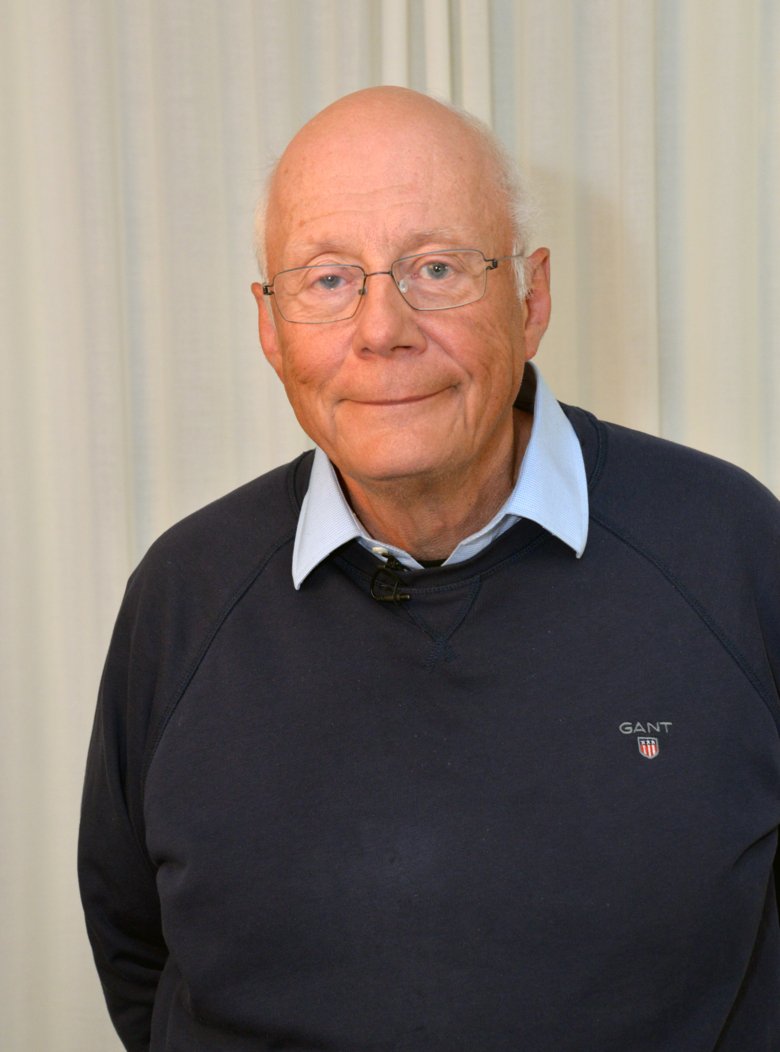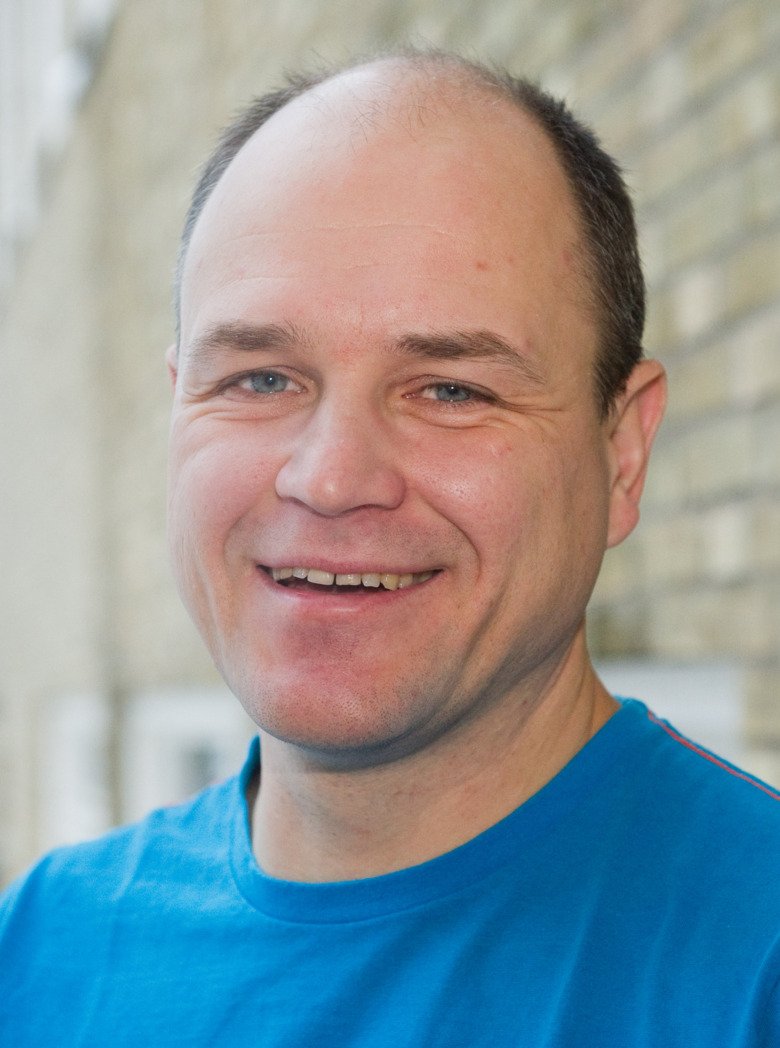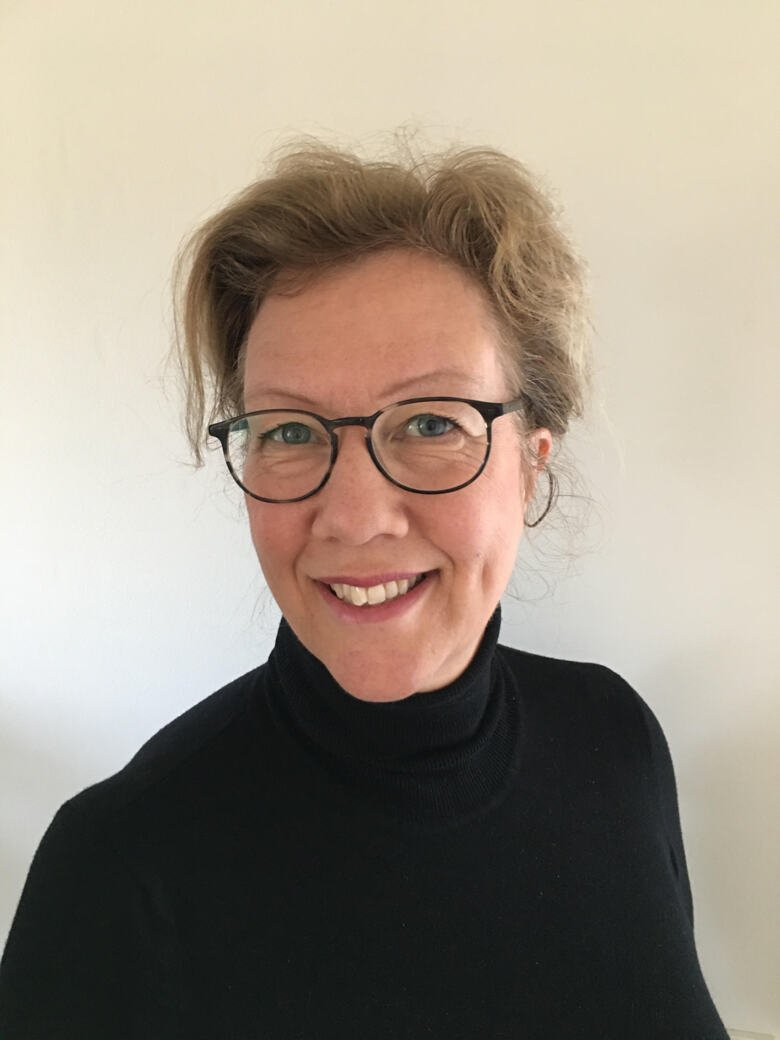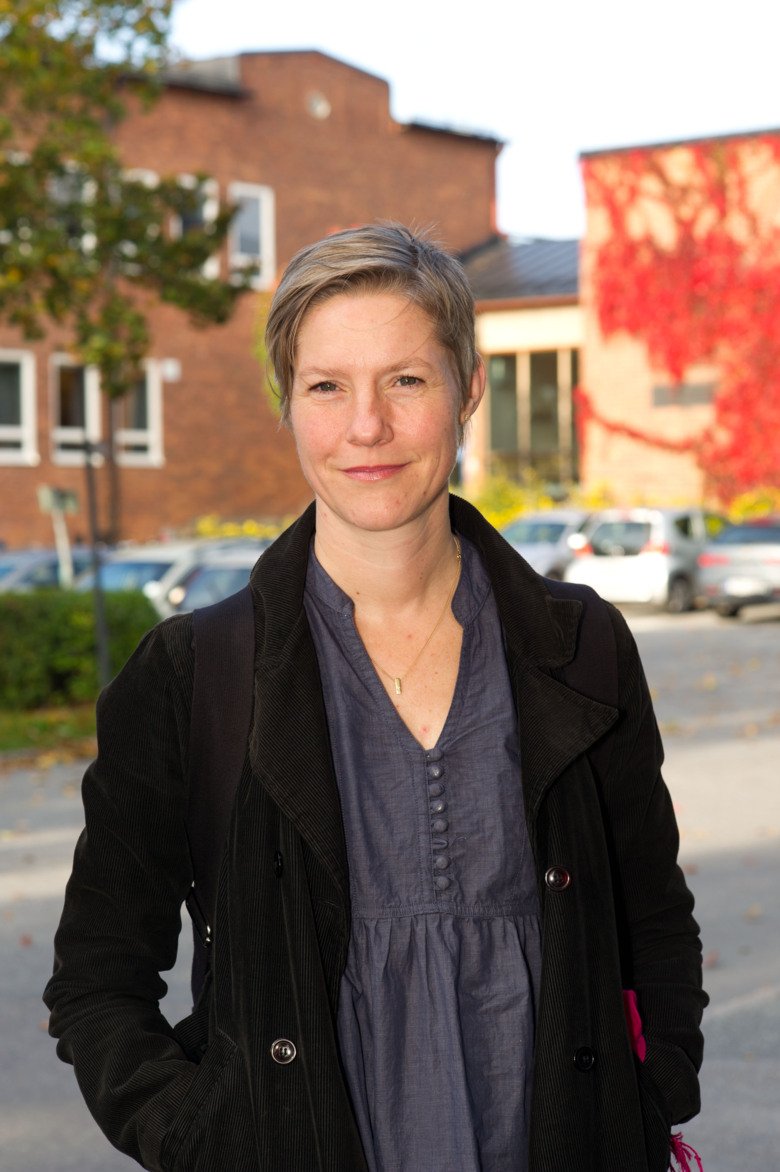Lack of sleep: When the sandman won’t appear
On the one hand, sleep is vitally important. On the other hand, we don’t need to sleep as much as we think. Here we question researchers about sleep, the activity that single-handedly eats up the greater part of our lives.
Text: Annika Lund, first published in Swedish in Medicinsk Vetenskap, no. 3, 2016.
It is vital that we sleep – and not being able to sleep at all results in death. If we have not slept for a long time, we inevitably fall asleep however hard we fight against it. But testing on animals has shown that a complete lack of sleep is fatal. There is also a human illness that completely prevents sleep: the very unusual, hereditary illness fatal familial insomnia which occurs in a small number of families across the world. In those with the illness, an insoluble protein accumulates in the thalamus, which is involved in regulating wakefulness and sleep. When the illness is at its height, the patient cannot sleep at all. The resulting symptoms include loss of weight, hallucinations and confusion, and the patient eventually dies, usually within 18 months.
So, while we are asleep, which we are for much of our lives, there are a number of vital bodily processes at work.
One of these processes is related to energy balance, whereby cells in our brain fill up with energy while we sleep so that we feel alert and rested when we wake up. But sleep is also important for the plasticity of the brain, because we process memories and learning during our sleep.
Creates new synapses in the brain
In simple terms, everything we do when we are awake creates new synapses in the brain. When we sleep, unused synapses are purged, which means that the brain is continually being reshaped.
Debris and waste products are also cleared out, for example beta-amyloid, clumps of protein closely associated with Alzheimer’s disease. In addition, recovery and developmental processes are boosted by hormones such as growth hormone.

In the longer term, a lack of sleep increases the risk of a range of illnesses such as diabetes, anxiety, depression, addiction and cardiovascular disease. It also brings a greater risk of premature death. In the short term, it affects our ability to function. When we are really sleepy, we function as poorly as if we were under the influence of alcohol.
Torbjörn Åkerstedt, Professor of Psychology at the Department of Clinical Neuroscience at Karolinska Institutet, has been researching sleep for over 40 years. He considers a study that took place in 2013 one of his most enjoyable. Test subjects were asked to drive the 60 miles between Linköping and Gränna at four o’clock in the morning. Åkerstedt drove that stretch of road himself just before dawn, with EEG sensors in place and the test director sitting next to him.
‘It was an extremely unpleasant and transformative experience! My brain literally lowered my eyelids however hard I tried to fight it. People do not realise how strong the connection is between perceived sleepiness and road traffic accidents.’
The nine-point self-assessment tool used in the study was developed by his research group and is now used in sleep research internationally. A nine on the scale means a person is ‘fighting sleep’. A car driver who gives themself a nine runs a 25 per cent risk of driving their car off the road within five minutes. Anyone driving a car between four and five in the morning is eight to ten times more likely to be involved in an accident than someone driving during the day.
‘Sleep-related accidents on the road are as common as alcohol-related accidents,’ says Åkerstedt. ‘We have been trying to get this message out for many years, but it is difficult to reach the general public. An awareness campaign would save lives.’
The effects of sleepiness are also reflected in daytime traffic statistics, as the number of accidents increases at around four o’clock in the afternoon, just before the rush hour. This is because the body’s biological clock has set another sleep window just at that point. This is known as a result of studies of the circadian rhythm of test subjects isolated for several days without daylight or clocks.
The subjects fell into a circadian rhythm that involved sleep several times a day. The time it took to fall asleep was shortest at night and at around four o’clock in the afternoon. The body clock that governs the circadian rhythm is in the hypothalamus in the brain. This is where the clock genes are found, which influence sleepiness, amongst other things, by secreting hormones.
‘Our circadian rhythm is probably related to the fact that we have poor night vision and a poor sense of smell,’ says Åkerstedt. ‘It is not practical for us to be awake at night. The reason for the dip in the afternoon is not so obvious, but it is there; it is not to do with blood sugar levels, it’s linked to our biological rhythms.’
Similar experiments, in which test subjects were kept in isolation without daylight or clocks, showed that an hour’s nap seemed to reduce the need for night-time sleep by about four hours, at least in terms of how rested people felt.
So it is possible to feel just as rested whether you sleep between 11 o’clock at night and seven in the morning or sleep between two and six at night with an additional hour’s nap during the afternoon. This is because the biggest chunk of deep sleep happens in our first four hours of sleep. A four-hour sleep can keep us going until the afternoon, but by then we will need another sleep. This need for sleep means that the hour-long nap has more deep sleep and greater restorative value than another three or four hours of night-time sleep would have had.
‘But that’s not how society’s circadian rhythm is,’ says Åkerstedt. ‘We can’t take ourselves off to have a sleep in the afternoon, so this rhythm no longer works for us in practical terms.’
But how little sleep do you actually have to have to put yourself at risk of injury or illness in the longer term? This is something we don’t in fact know. According to Åkerstedt, one of the major trends in international sleep research is to identify the points at which a lack of sleep might be harmful.
But the issue is a tricky one, and we may not be asking the right question. A lack of sleep is not just about counting up how many hours we have slept, as the need for sleep varies from person to person and changes over time. At the same time, in studies, people who slept between six and eight and a half hours per night were not generally at greater risk of illness or death. However, those who slept five and a half hours or less per night or more than eight and a half hours were at greater risk. But some ‘short sleepers’ get a perfectly adequate amount of sleep. This is evident from information that Åkerstedt and his colleagues have gathered about sleeping habits and health from a sample of the population. Some of them slept less than six hours a day but still felt rested. And none of this group had an increased risk of illness or death.
‘It seems sensible to work on the basis of how rested people feel, particularly a little way into the day,’ says Åkerstedt. ‘Not feeling rested when you wake up is a doubtful criterion as it is influenced by the sleep stage you were in when you woke.’
Shorter sleeping periods
It is not known why short sleepers do not suffer from a lack of sleep despite their shorter sleeping periods. They probably have a genetic profile that is favourable in this context. And it is likely that they are simply good at sleeping, with longer periods of desirable deep sleep. Processes beneficial to health mainly take place during deep sleep, and so for scientists the amount of deep sleep is a measure of sleep quality.
But why ‘long sleepers’ are at increased risk of illness and death is a mystery. One current theory is that individuals who need additional sleep more often have some ongoing, low-grade inflammation that causes both tiredness and other illnesses. The inflammation may, in turn, actually be caused by a lack of sleep, so by that argument a lack of sleep could also be the starting point for the health problems of some long sleepers.

One person who has taken a particular interest in the effects of sleep on the immune system is John Axelsson, leader of a research group at the Department of Clinical Neuroscience at Karolinska Institutet. In a study in which he was involved, 36 healthy test subjects provided a blood sample three mornings in a row and also answered questions about how they had slept the previous night, how physically active they had been and how stressed they felt.
The study revealed changes in the immune systems of those who had slept less than seven hours the previous night. Their NK (natural killer) cells, which can kill cancer cells, functioned 30 per cent less well than in those who had slept for a longer time. At the same time, T cell function was almost 50 per cent better. Even in those who described themselves as stressed, T cells – which have a number of roles in the immune system – functioned better.
The study is in line with an American experiment, in which over 150 study participants were asked to describe their sleep over a two-week period. They were also asked to take nose drops containing a cold virus. Those who had slept less than seven hours per night got a cold three times as often as those who had slept eight hours or more.
In Axelsson’s view, this suggests that the immune system is very sensitive to a lack of sleep and that many people need at least eight hours of sleep for recovery.
‘It seems that we can top up the energy levels in our brain quite quickly,’ he says. ‘We can do it by having a nap, which is presumably why people feel more alert after a nap. But we don’t actually know how we should be sleeping to ensure our immune system recovers.’
He would like lack of sleep seen as a general public health risk somewhere at the top of the list of other well-known dangers to health such as smoking and a sedentary lifestyle.
‘Absolutely. It’s obvious that an immune system less able to fight off infections is a significant health issue. Most of us have between one and five infections per year and many people develop secondary infections, which can be serious for high-risk groups. There are also theories that infections may be associated with the development of allergies and other illnesses. There is good evidence to support the view that sleep provides good protection against infections.’
Sleep ourselves into health
His dream project would be to study the extent to which we can sleep ourselves into health, for example when we have a cold.
‘No-one knows that yet,’ he says. ‘I have applied for research funds for it but have been turned down everywhere. It is a high-risk project, but the idea is a reasonable one and it would have huge benefits. There is some data to suggest that we automatically sleep more when we are ill. Sleeping more is part of our general response to illness.’

Kerstin Blom, a psychologist and researcher at the Department of Clinical Neuroscience, is in two minds about what is said about the dangers of not sleeping. On the one hand, it is quite true that there is a link between a lack of sleep and an increased risk of illness and premature death. On the other hand, the concept of ‘lack of sleep’ is a bit hazy, so there is potential for the general public to misinterpret and worry unnecessarily.
A diagnosis of insomnia is more precise. It means that someone wakes up a lot or wakes very early in the morning, or has difficulty getting to sleep. This happens to such a degree that it affects how a person functions when they are awake. So the criteria for a diagnosis of insomnia are not related to length of sleep, it’s more about poor quality sleep.
‘In my line of work we try to help people to worry less about their sleep,’ says Blom. ‘Any worry has a detrimental effect on patients’ sleep. According to public health surveys, a third of all Swedes consider themselves poor sleepers. One in ten Swedes have such serious problems that they can be said to have insomnia.
But there are effective treatments. About three quarters of sufferers are cured of their sleep problem by cognitive behavioural therapy (CBT). Approximately the same proportion of people are helped by sleeping tablets, but once treatment has finished there is no further effect from the medication, whereas CBT continues to work because people have learned new behaviours. It is interesting to note that those who feel that CBT has helped them only increase the amount of time they sleep by an average of half an hour – so it is principally the quality of the sleep that changes rather than the length of it.
A significant level of sleepiness
CBT for sleep problems can be arranged on a group basis, individually or via the internet. There are also variants of the treatment, but one important element is a diary in which the patient records how they actually sleep in order to build up an accurate picture of their sleeping behaviour. Another important aspect of the treatment is that the patient must develop a significant level of sleepiness before they go to bed by keeping themself awake for a long time. That makes them tired the following day, but they must not rest during the daytime – they must keep awake until late at night, abiding by a precise, individual schedule in which the permitted period of night-time sleeping is gradually extended.

Susanna Jernelöv, who also undertakes research at the Department of Clinical Neuroscience, believes that the tiredness that results from this is an obvious side effect of the treatment.
‘For many years, psychological treatment has generally been viewed as being free of side effects,’ she says. ‘But that isn’t actually the case. The intense tiredness or sleepiness you often experience when you work with CBT for sleep problems is unpleasant and a definite side effect of the treatment.’
One in four people who receive CBT for insomnia do not benefit from it. A possible reason for this is that they lack the energy to complete the treatment. Jernelöv is currently undertaking a comparative study of different variants of CBT for insomnia. The aim is to compare the extent of the side effects, so as to identify the variant that is both effective and mild. It is difficult to say to what extent CBT is actually offered for insomnia at, for example, health centres across the country. Internet-delivered treatment is still mainly available only in the context of studies at the internet psychiatry unit at Stockholm County Council. It is expected to become part of the regular range of treatments in 2017.
Three myths about lack of sleep
- MYTH: ‘It’s dangerous to sleep less than seven hours a night.’ False! The need for sleep is individual and changes during our lifetime.
- MYTH: ‘I can’t function if I don’t sleep.’ False! A lack of sleep is incapacitating, but it needn’t mean that a person is completely out of action. A slight lack of sleep can be compensated for.
- MYTH: ‘I have to rest because I can’t sleep at night.’ False! Insomnia is not cured by rest, it’s cured by activity. We should keep active and ideally spend time outdoors in spite of feeling tired. That ensures we are really tired when we go to bed.
